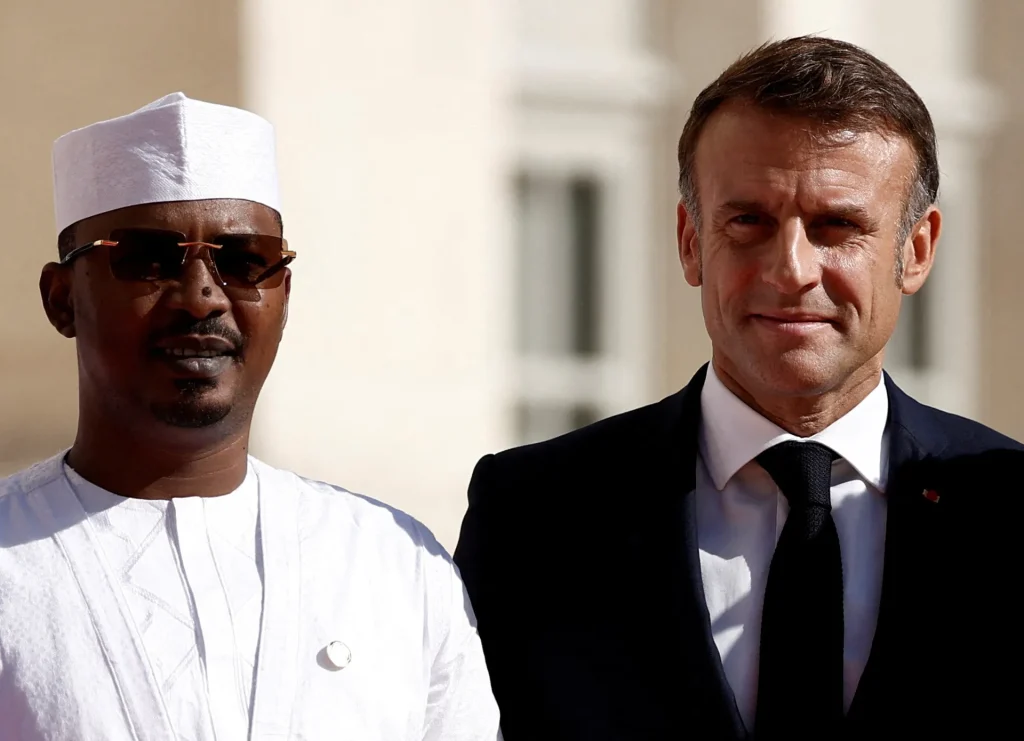The decision by Chad to terminate its military cooperation with France marks another blow to France’s diminishing influence in the Sahel. The announcement came on the symbolic date of November 28, commemorating Chad’s proclamation as a republic in 1958, just hours after French Foreign Minister Jean-Noel Barrot visited the country.
Chad, which had been France’s last stronghold in the Sahel following troop withdrawals from Mali, Burkina Faso, and Niger, is home to about 1,000 French soldiers. Despite the termination of the agreement, Chadian Foreign Minister Abderaman Koulamallah emphasised that this was not a complete severance of ties, describing France as an essential partner.
The announcement, coinciding with Chad’s upcoming legislative elections on December 29, reflects growing moves to assert sovereignty and redefine strategic partnerships.
The defence accord, originally signed in 1976 and updated in 2019, supported the development of Chad’s armed forces, intelligence, and logistical capacity. Chad’s foreign ministry described the decision as a step towards affirming full sovereignty and indicated openness to new partnerships.

However, opposition figures and analysts are divided over the motivations. State television hailed the move as a signal of sovereignty, while opposition outlet Tchad One questioned whether it was a populist tactic or the result of pressure from new strategic allies.
Chad’s position is critical, bordering conflict-prone countries like Sudan, Libya, and Niger, where Russian paramilitary group Wagner has been expanding its presence. President Mahamat Idriss Deby Itno, whose father relied heavily on French military support, has hinted at diversifying Chad’s partnerships.
France’s remaining presence in Chad—1,000 troops spread across three bases—faces rising scrutiny, as does its broader role in Africa. Senegalese President Bassirou Diomaye Faye also called for the closure of French bases this week, citing sovereignty concerns.
The decision comes during protests from opposition figures over the legitimacy of the upcoming elections. Succes Masra, a prominent opposition leader, criticised the polls as a masquerade and accused France of propping up Deby’s government.
With legislative elections set to be the first in 13 years and opposition parties refusing to participate, Chad’s political and geopolitical direction remains in flux.


